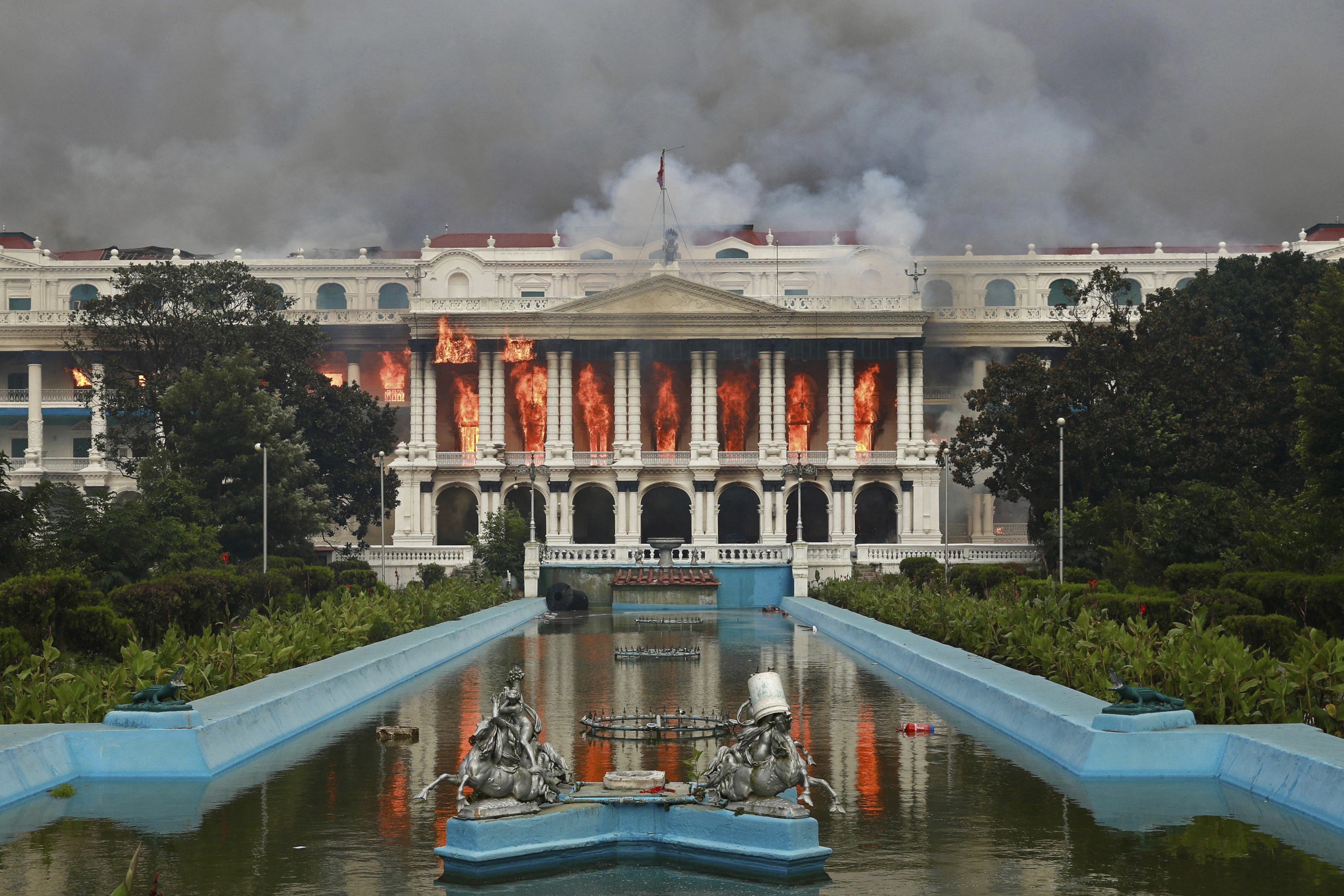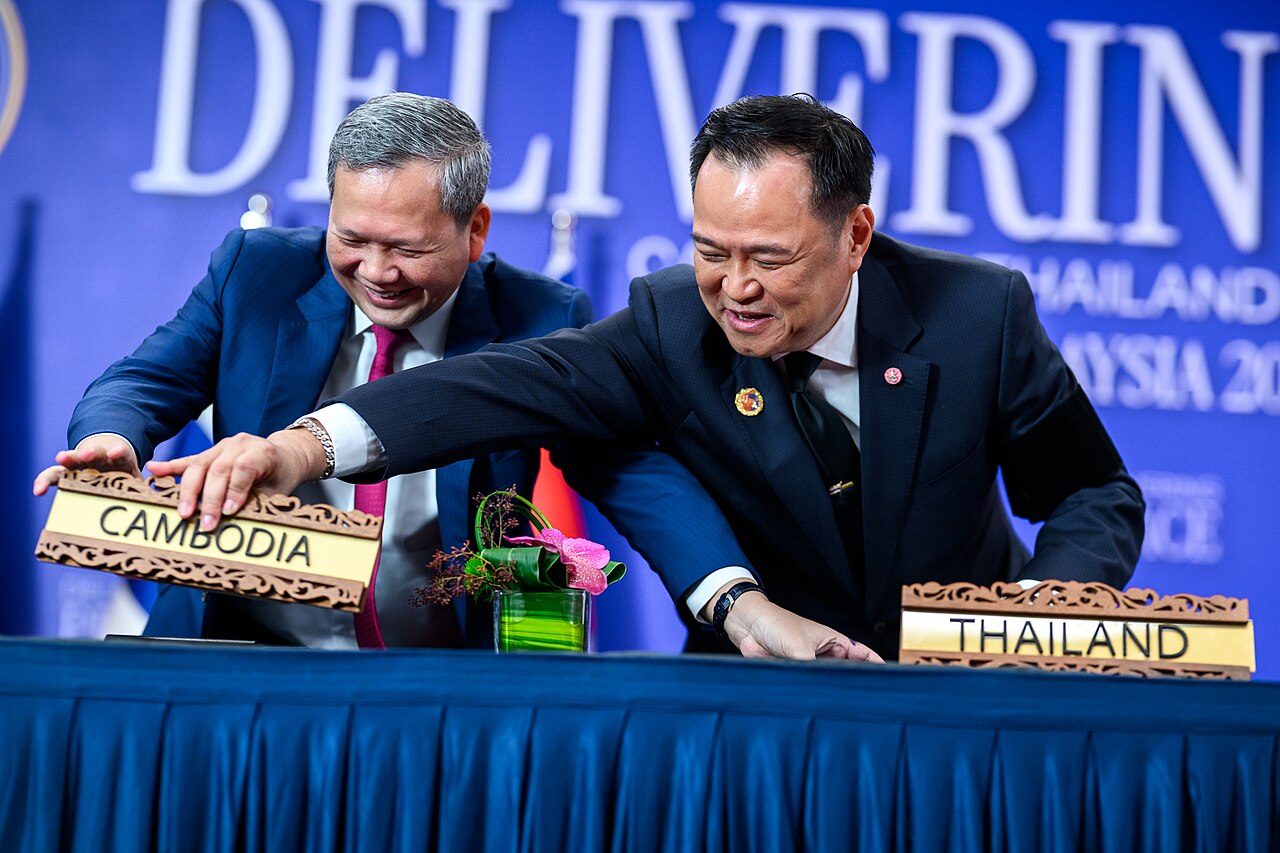The wave of autocratization in Asia and Oceania continues. 14 of the region’s 22 countries have experienced a deterioration in their political transformation scores. Only five countries were able to improve the democratic quality of their political institutions and processes. The negative dynamic is driven by two groups of countries. There is an increasing number of borderline democracies, which have been exhibiting a downward tendency for years, bringing them increasingly closer to the group of already clearly authoritarian political systems. The second group of hardening autocracies consists of countries that have become increasingly repressive over the last decade.
Most of the region’s countries have not (yet) fully recovered from the economic setbacks triggered by the pandemic. Monetary and fiscal stability declined the most. Sustainability, as it relates both to environmental and education policies, also suffered significant losses. Overall, declining economic performance exacerbated regional inequality. Improvements are only evident in Singapore and Taiwan, countries that have long displayed a high level of economic transformation. In contrast, no country at an already-low transformation level managed to improve in this area after the pandemic.
Governance performance declined by 0.19 points compared to the BTI 2022, with the biggest drops occurring in Myanmar following the military coup, in Afghanistan after the Taliban takeover, and in Bangladesh. International cooperation, consensus-building capacities and policymakers’ steering capabilities have seen the greatest downward slides. However, Taiwan remains on a very steady course, and Singapore’s soft authoritarianism continues to impress.
The weakening of democratic freedoms, rights, processes and institutions by actors at the center of political power structures (“endogenous” autocratization) continues to be the predominant form of authoritarian transformation. Especially the democratic future of India, the region’s second largest economy, is highly uncertain.
Aurel Croissant
Regional Coordinator Asia and Oceania
Christoph Trinn
Regional Coordinator Asia and Oceania

